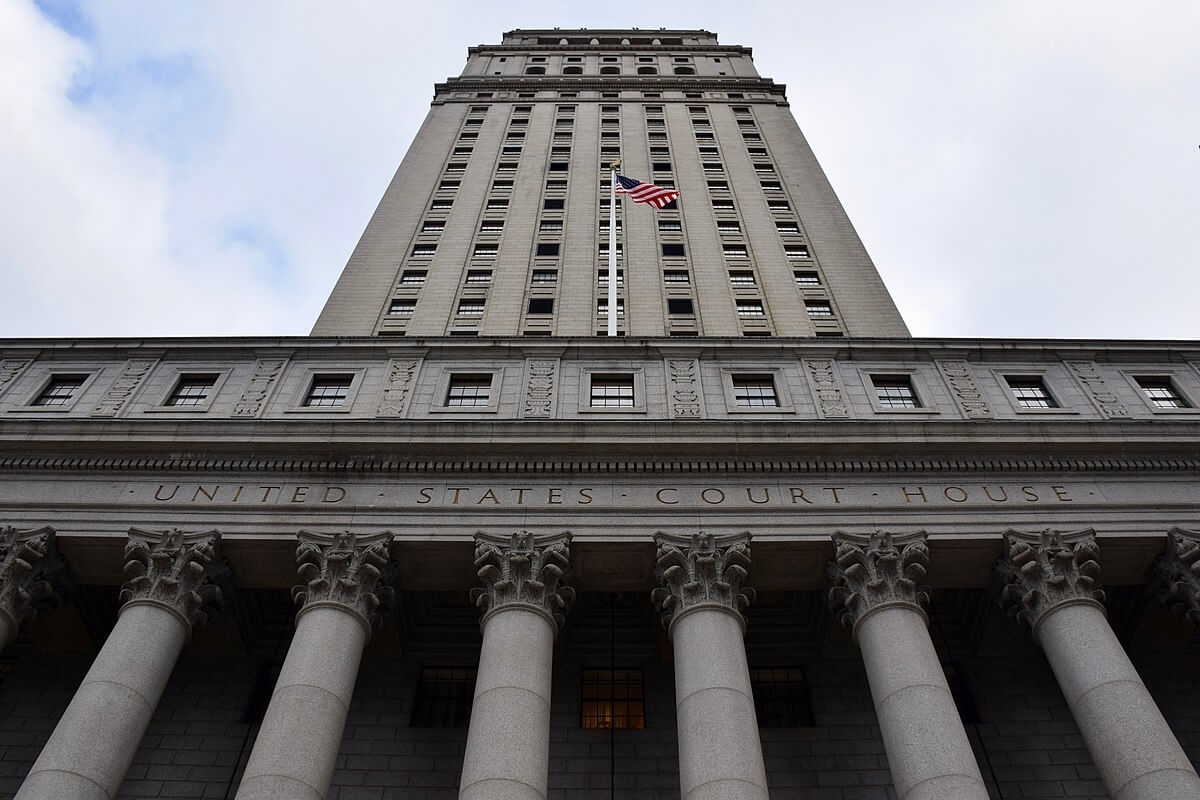Assembly Speaker Sheldon Silver and Assistant Speaker Rhoda Jacobs (D-Flatbush) announced recently that they have introduced legislation to bring fair elections to New York.
Silver said by reforming the state’s antiquated campaign finance laws and creating a public financing system for all state offices the focus of elections is expected to shift from the substance of the issues and candidates – not the money used to fund them.
Supported by community groups, businesses, good government organizations, faith leaders, and labor, the 2012 Fair Elections Act (A.9885-B) creates an optional public financing system for primary, general, and special election campaigns that covers all statewide offices, state legislative offices, and constitutional convention delegates. The bill also provides meaningful enforcement measures for candidates who opt into the system.
“Fair elections are part of the core of our democracy and are essential to ensuring that we have good government,” said Assemblywoman Jacobs.
“Given the terrible consequences resulting from the Supreme Court’s Citizens United decision, New York State needs to lead the way in reducing the influence of money in our own elections,” she added.
The legislation reforms the system by allowing candidates for state office who meet the necessary requirements and reach the eligibility threshold in their fundraising to receive matching contributions of $6 for every $1 they raise on contributions of up to $250.
The bill requires candidates to have a broad array of contributors by requiring a certain number of small-dollar donors – natural persons from a candidate’s district – to ensure that large-dollar donors do not have undue influence. Public funds would be capped at a specific limit depending on the office being sought.
Underscoring the importance of the substance of campaigns and not the money that funds them, candidates receiving public financing who are running opposed would be required to participate in at least one debate before the primary election and one debate before the general election. These debates would be open to all candidates, regardless of funding.
The bill also provides mechanisms for funding, including an income tax check-off of $5 that would be deposited into the newly-created “New York State Campaign Finance Fund” and an additional 10 percent surcharge on recoveries from fraudulent practices relating to stocks, bonds and other securities.






















